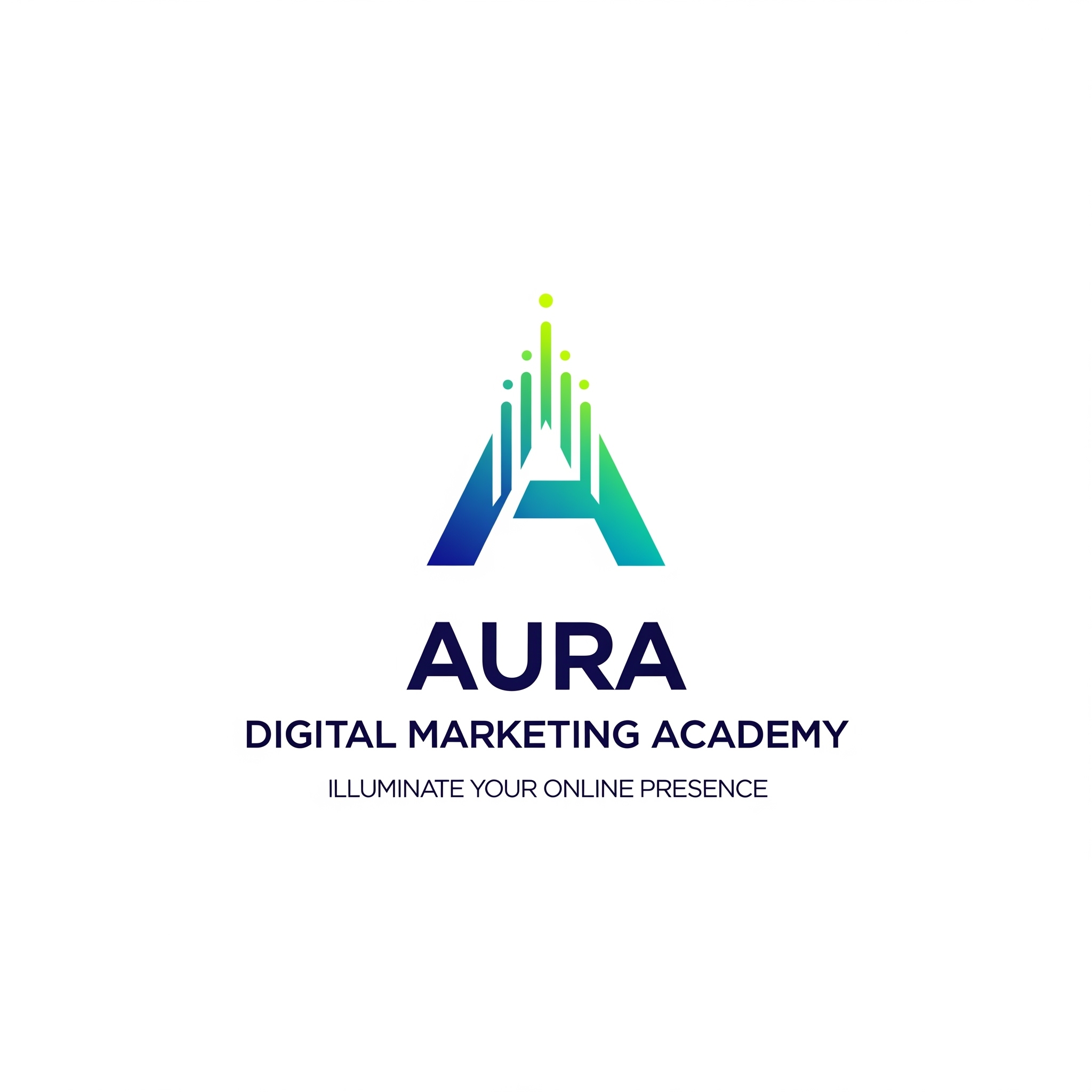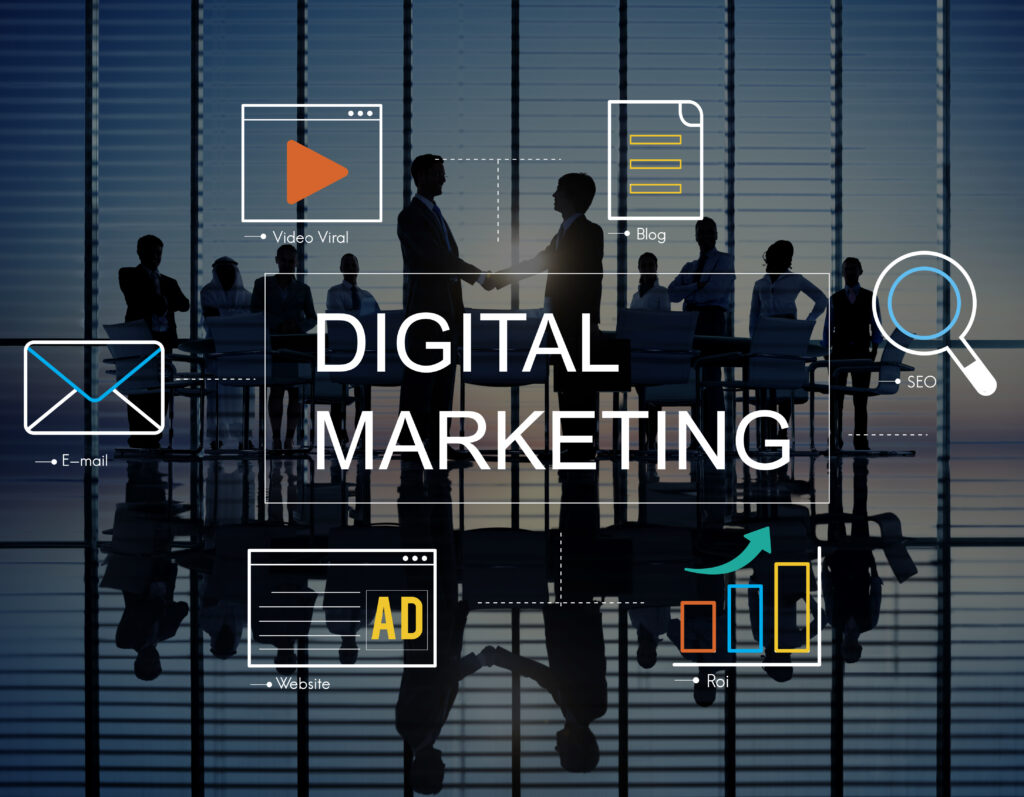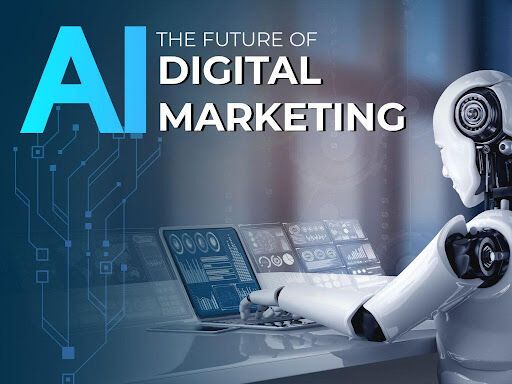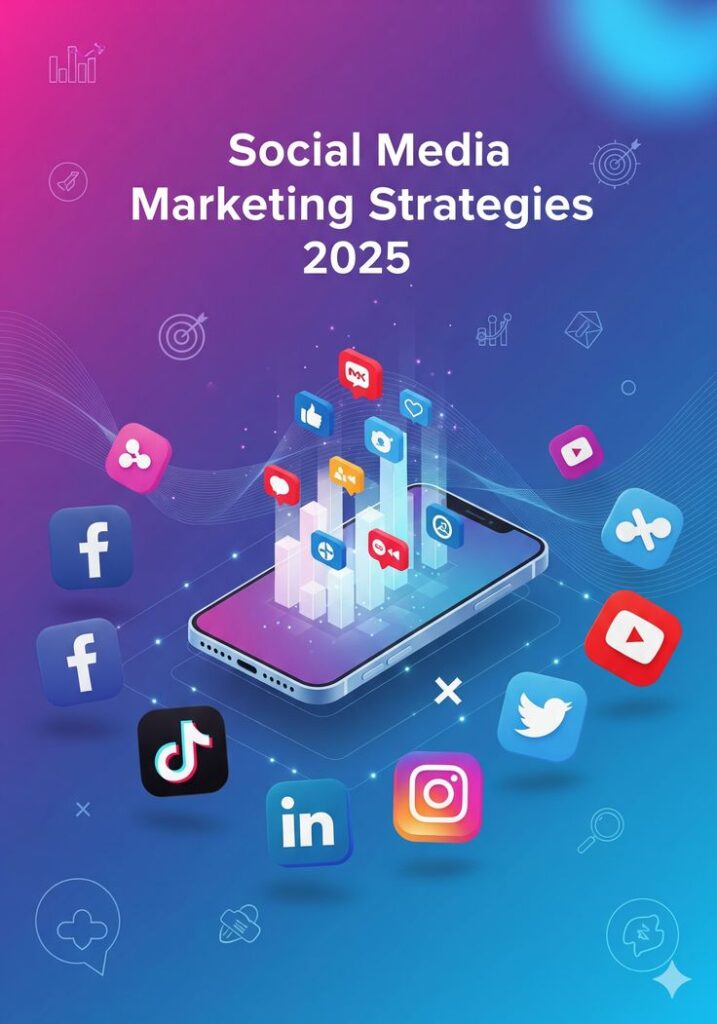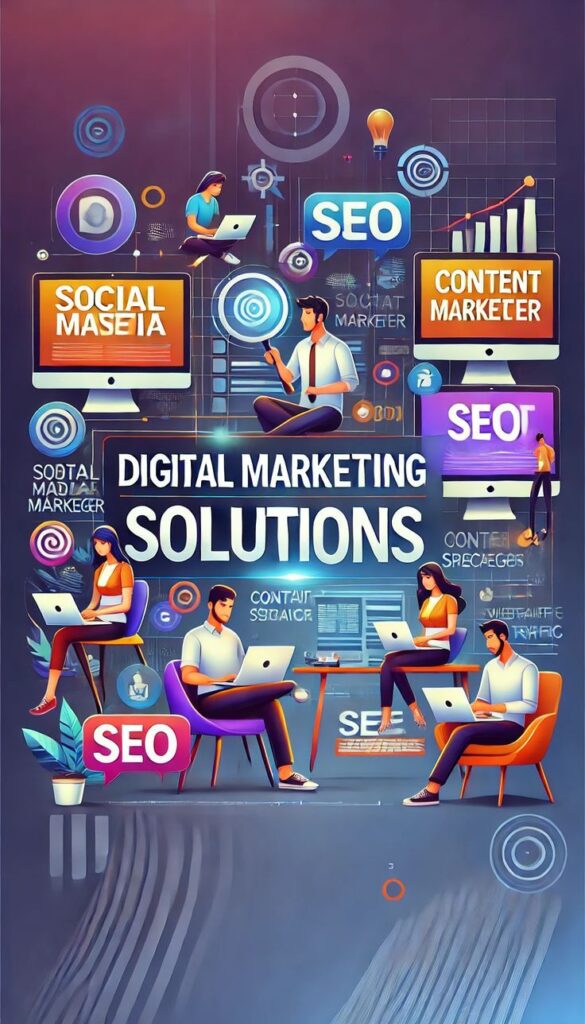
From Zero to Hero: Digital Marketing for Startups
Starting a new business is exciting—but challenging. Every startup dreams of going from zero to hero, but without a strong digital marketing strategy, even the best ideas can go unnoticed. In today’s online-first world, digital marketing is the secret weapon that can help startups grow, reach their audience, and compete with established brands.
In this blog, we’ll break down how startups can leverage digital marketing to build a strong presence and achieve rapid growth.
1. Understand Your Audience
The first step in any successful digital marketing strategy is knowing who your audience is. Startups often make the mistake of trying to appeal to everyone. Instead, focus on your ideal customer:
- Who are they?
- What problems do they face?
- Where do they spend their time online?
Tools like Google Analytics, social media insights, and surveys can help you gather data and create detailed buyer personas. When you know your audience, your marketing becomes more effective, targeted, and cost-efficient.

2. Build a Strong Brand Identity
Your brand is more than just a logo—it’s the story, voice, and personality of your startup. A strong brand identity makes you memorable and builds trust with your audience.
Key elements to focus on:
- Logo & Visual Identity: Colors, fonts, and design elements that reflect your brand.
- Tone & Voice: How your brand communicates on social media, emails, and websites.
- Mission & Values: Clearly convey why your startup exists and what problems it solves.
A consistent and professional brand presence increases recognition and credibility, which is crucial for startups looking to make a strong first impression.
3. Optimize Your Website
Your website is the digital storefront of your startup. It should be fast, user-friendly, and designed to convert visitors into customers.
Focus on these essentials:
- Mobile-friendly design
- Clear navigation
- Fast loading speed
- Strong call-to-actions (CTAs)
- SEO-optimized content
Remember, your website isn’t just for showing who you are—it’s where potential customers decide whether to trust and buy from you.
4. Leverage Social Media Marketing
Social media is a powerful tool for startups because it’s cost-effective and helps build a community around your brand. Instead of spreading yourself too thin, pick platforms where your audience is most active.
Tips for social media success:
- Post consistently and maintain brand voice
- Share engaging content like behind-the-scenes, tips, or user stories
- Use paid ads to target specific audiences
- Interact with followers through comments and messages
Social media is not just for awareness—it’s also for engagement, lead generation, and customer support.
5. Invest in Content Marketing
Content marketing helps startups establish authority and trust in their niche. By creating valuable content, you can attract your audience, solve their problems, and keep them engaged.
Types of content to focus on:
- Blog posts and articles
- How-to guides and tutorials
- Case studies or success stories
- Videos and infographics
Content not only drives traffic but also improves SEO, making it easier for your startup to be found online.
6. Use Email Marketing Wisely
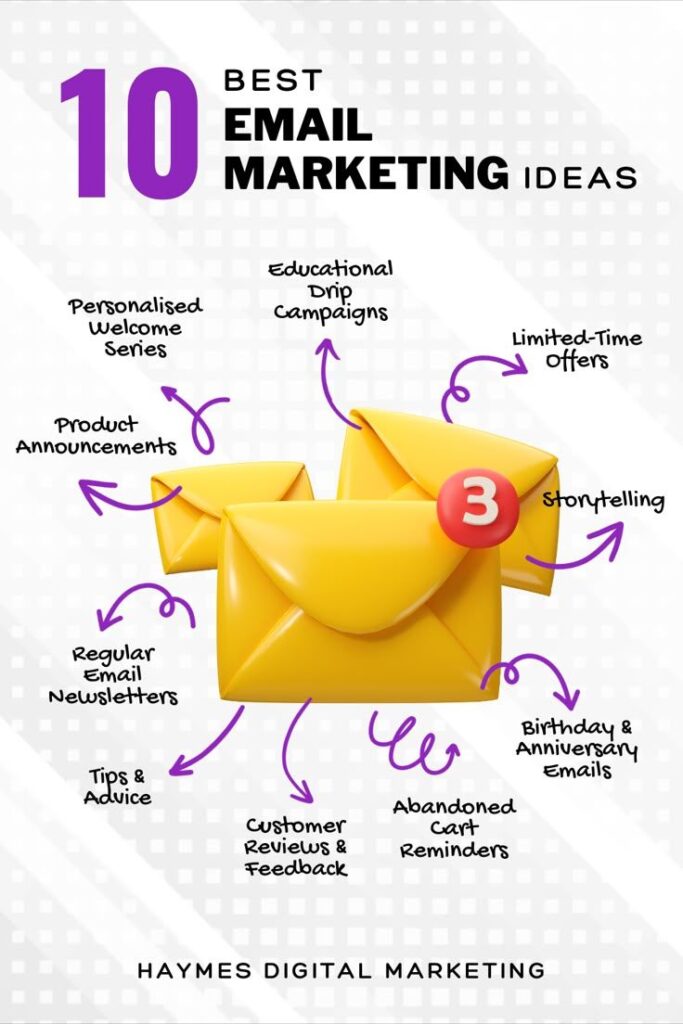
Email marketing remains one of the most effective ways to convert leads into customers. For startups, it’s essential to nurture leads rather than push hard sales.
Email marketing strategies for startups:
- Build a targeted email list through website sign-ups
- Send personalized and valuable content
- Share updates, promotions, and educational content
- Use automation to save time and stay consistent
A well-crafted email campaign helps maintain engagement and keeps your startup on top of your audience’s mind.
7. Track, Analyze, and Adjust From Zero to Hero: Digital Marketing for Startups
Digital marketing is not a one-time effort. Startups need to measure results and adapt strategies for better performance.
Key metrics to track:
- Website traffic and page views
- Social media engagement (likes, shares, comments)
- Email open and click-through rates
- Conversion rates and ROI
Tools like Google Analytics, Facebook Insights, and email marketing dashboards make it easy to track performance and tweak campaigns for maximum impact.
8. Experiment and Innovate From Zero to Hero: Digital Marketing for Startups
Startups have the advantage of being nimble. Don’t be afraid to try new marketing channels, campaigns, or content formats. Small experiments can lead to big breakthroughs.
- Test different social media platforms
- Run A/B tests for email subject lines or landing pages
- Try influencer collaborations or partnerships
- Explore paid ads on a small scale before scaling up
Innovation is at the heart of startup growth—your marketing should reflect that mindset.
Conclusion
Going from zero to hero as a startup is challenging but achievable with the right digital marketing strategy. Understanding your audience, building a strong brand, leveraging social media, creating valuable content, optimizing your website, using email marketing effectively, and tracking results are all key steps to growth.
Digital marketing allows startups to compete with bigger players, build a loyal audience, and scale efficiently. Remember: consistency, creativity, and adaptability are your best allies. Start small, experiment often, and watch your startup grow from zero to hero.
